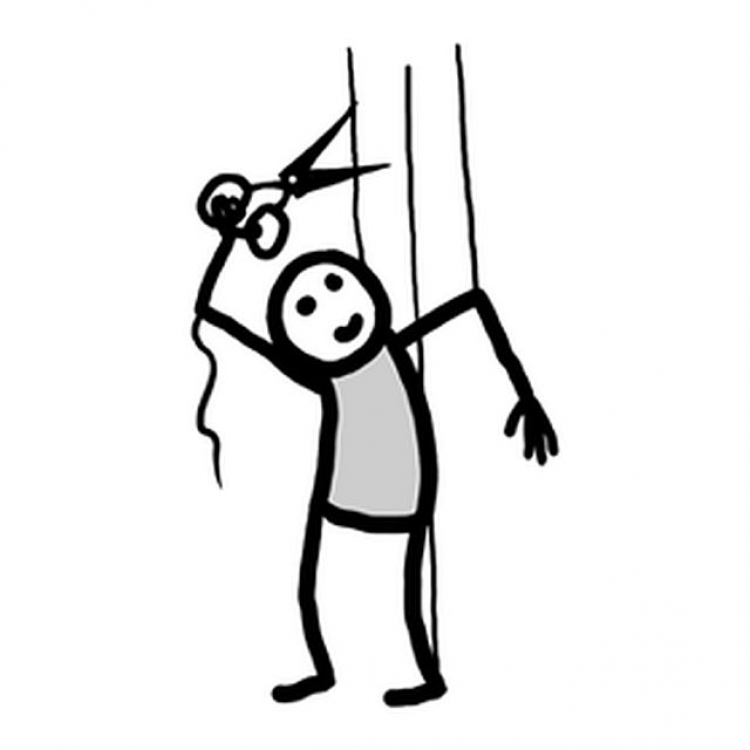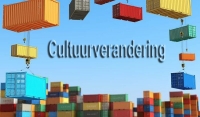
 SOS-Jeugdzorg
Samen sterk voor rechtvaardige jeugdzorg
SOS-Jeugdzorg
Samen sterk voor rechtvaardige jeugdzorg
Gastblog
Hereniging van uithuisgeplaatste kinderen met hun ouders in de Toeslagenaffaire zou volgens zowat alle commentatoren (voorbeeld) een topprioriteit moet zijn. Niet echter voor D66‑minister Weerwind (Rechtsbescherming). Dat blijkt uit zijn Kamerbrief van 31 maart 2022. ‘Hereniging’ is daarin genoemd als een “wens” van de ouders waaraan de procesbegeleiders van een Landelijk Ondersteuningsteam “een luisterend oor” moeten bieden en met wie de ouders “de mogelijkheden” kunnen bespreken. Welnu, die mogelijkheden zijn er niet; de minister belast het politieke discours met mooie praatjes en wekt valse hoop bij ouders.
The Dutch CPS system structurally fails to protect child interests
According to Sven Snijer & Ranada van Kralingen from the Dutch parental support organisation SOS-Jeudgzorg, the main reasons for the structural failure of the Dutch Child Protection System (“Jeugdzorg”) to protect child interests in The Netherlands are as follows.
1. Legal presumption of guilt
As a parent you are assumed to be guilty until proven innocent. Accusations against parents are routinely based upon nothing more than gut instinct.
Core presumption: Parents generally regarded as a danger to their own children.
There is a complete lack of recognizing the integrity of the family system. See SMECC:
“Parental authority is no longer automatic at the birth of a child, but something that requires preparation and (where necessary extra) support.”
Yet despite this already extremely negative view of parental capabilities, many Dutch youth care theorists would like to see even more state control in raising children, according to state dictated rules and values such as the GIRFEC framework.
https://journals.sagepub.com/doi/full/10.1177/2158244016629525
“Indeed, whereas for the 19th and (to an extent) the 20th century the ideal was to push the need for self-reliance and autonomy, and to argue that “to patrol the home was a sacrilege”… today in comparison, the state is more inclined to see autonomy as a barrier to the third-party support necessary to maintain risk-free relationships in the family.”
Copyright © 2016-2020 Stichting SOS-Jeugdzorg. Alle rechten voorbehouden.
Onze stichting heeft de ANBI-status




